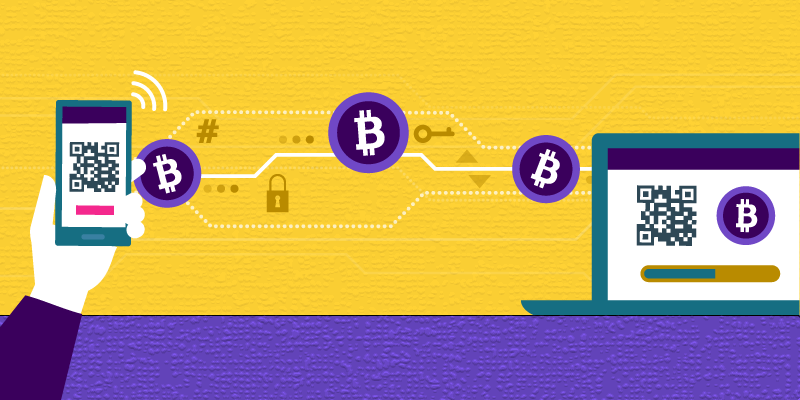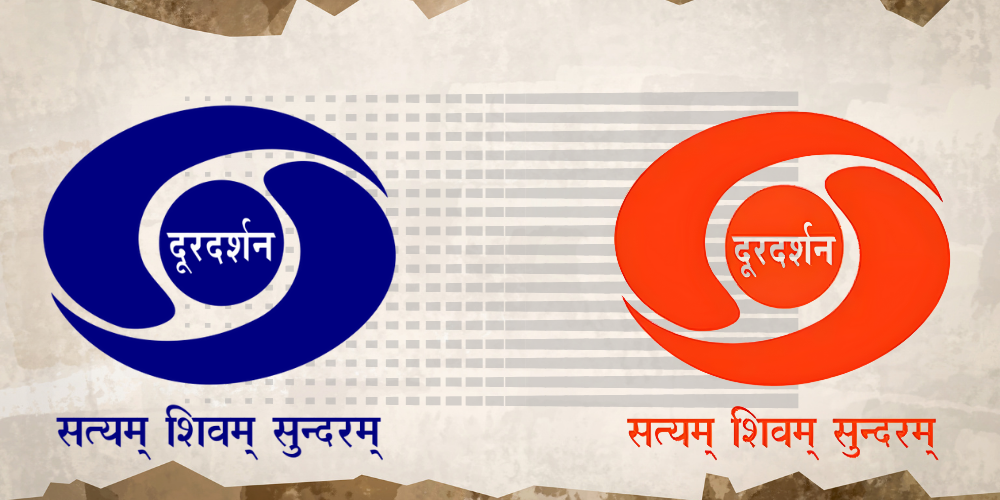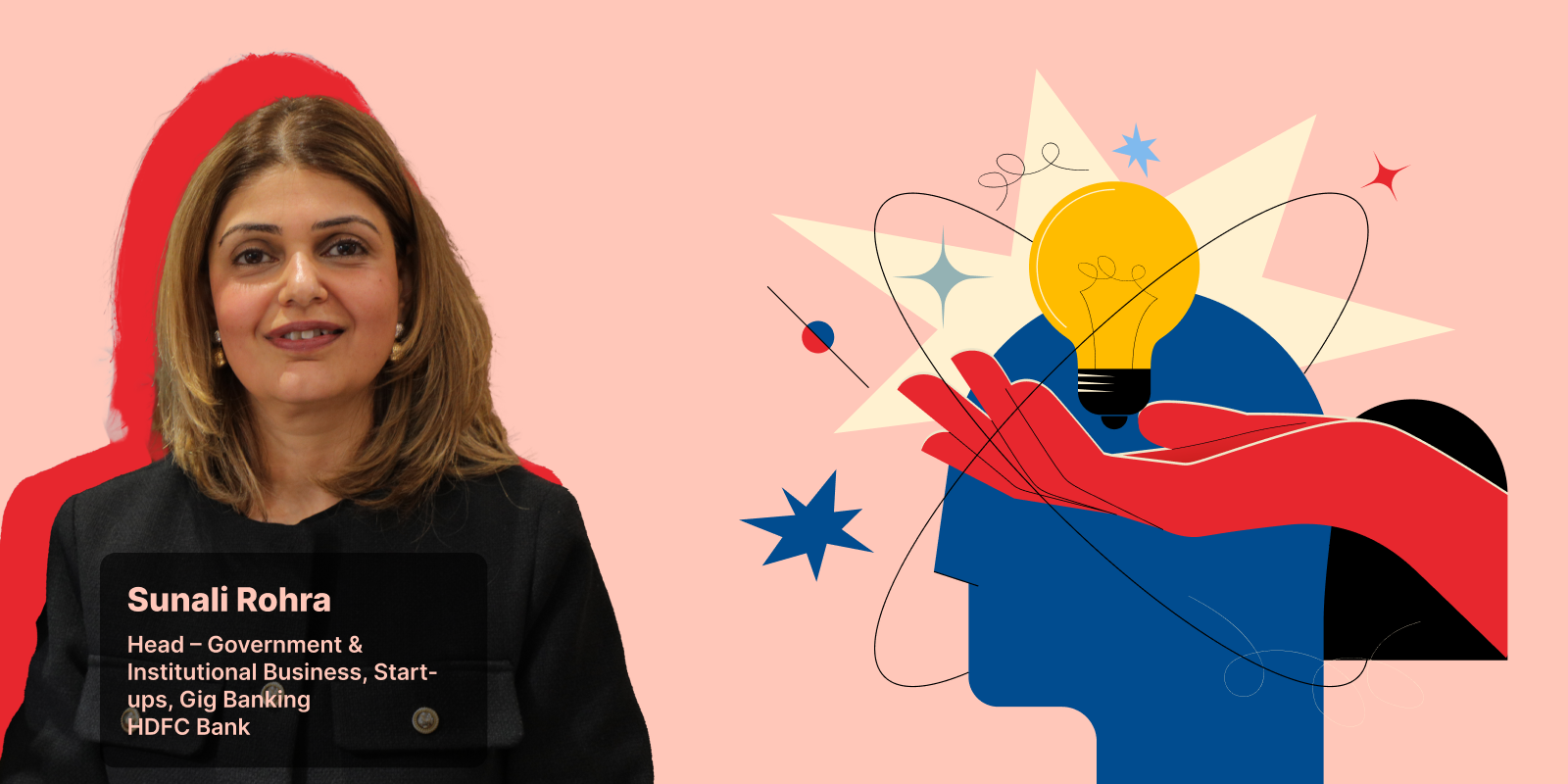How blockchain can help create a low-cost money transfer and conversion chain
By making the entire process democratic and free from the direct control of government and financial institutions blockchain can turn the way users transact into a market-driven enterprise.

Blockchain is a new type of technology that deals with an ever-growing list of records called blocks. In this chain of blocks, each block is a record of secure, cryptographic information of the previous block. It also contains a timestamp and transactional data. It acts as a distributed ledger, which means that it resides on a peer-to-peer network adhering to a common protocol for inter-node communication and validating new blocks.
The blockchain technology thus works by providing a decentralised consensus for validating a transaction between two parties. This makes it perfect for recording and validating any kind of event that is of a transactional nature.
There are several benefits to using blockchain technology as an alternative to traditional financial transaction methods. It is inherently a secure method as it cannot be tampered with. It is resistant to any kind of modification to the data it contains. Since it cannot be rigged, it’s foolproof. However, a big benefit of this technology is the low cost of doing a money transfer or currency conversion.
Low-cost nature of blockchain
Traditionally, financial transactions are considered when there is a third party involved, which acts as a watchdog between the two transacting parties. This third party can be a bank, court etc. They act as a trusted authority figure or middlemen in financial transactions and charge a fee for their services. Once recorded, the transactional data cannot be changed without altering all the blocks in the chain. This process requires the consensus of the majority in the blockchain network. This democratic nature of blockchain provides a third-party intervention making it reliable.
Money transfer
As stated earlier, blockchain technology eliminates the need for a third-party authority figure, leaving both parties with a decentralised ledger technology intervening between them during the transaction. This saves the commission or fee charged by these middlemen for rendering their services. Already many new remittance or money transfer companies like Abra (US) and Bitspark (Hong Kong) are offering this technology to their clients. The main objective of adopting it is to bring down the high cost of transfer in traditional methods.
Another benefit of utilising blockchain technology is the time it saves compared to traditional money transfer methods.
Foreign currency conversion
We also know that Bitcoin – the currency based on blockchain technology, is currently being touted as the future of currency. A digital, global currency not limited by national boundaries and regulations is bound to eliminate the need for foreign currency exchange. But that is in the future. Currently, blockchain is serving as a technology that can make normal currency exchange cheaper due to the currency conversion charges the user does not accrue with blockchain. In a traditional method like a bank, conversion fee is charged by banks according to their own rules and regulations. In this regard, this technology makes the process of currency conversion more democratic apart from making it cheaper.
Along with Bitcoin, blockchain can bring in a revolutionary change in the way users transact. By making the entire process democratic and free from the direct control of government and financial institutions it will turn it into a market-driven enterprise. This enterprise will be more reliable as it depends on the mass verification done on the blockchain network. It will be faster and cheaper as it will save the extra costs that are charged by middlemen. It’s no wonder then that blockchain is being hailed as the new future of financial or even other types of transactions.
(Disclaimer: The views and opinions expressed in this article are those of the author and do not necessarily reflect the views of YourStory.)











